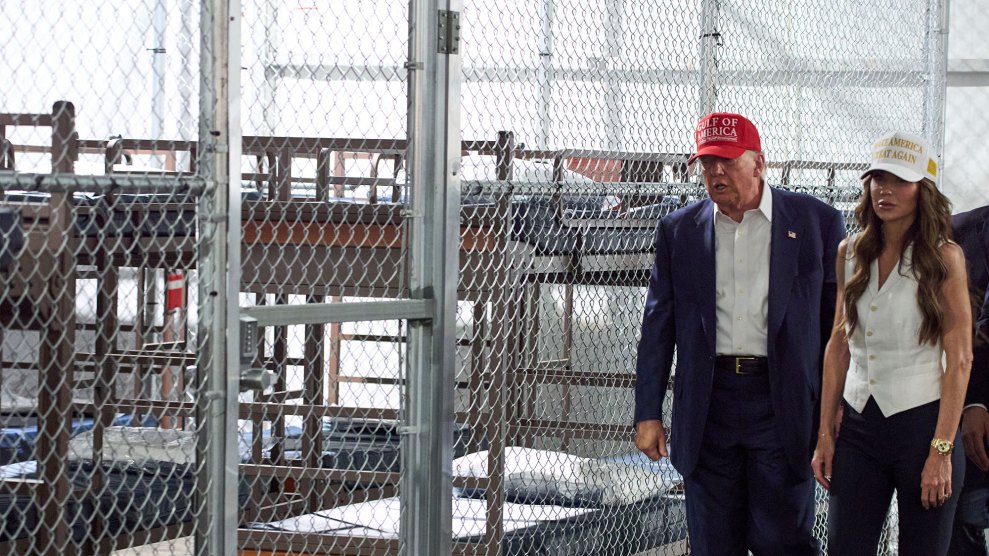Asked by a member of the Financial Crisis Inquiry Commission about whether there was a singular event—the Gramm-Leach-Bliley Act, say, or looser capital requirements at banks, or the staggering decline in underwriting standards—that led to the financial meltdown, Peter J. Solomon, a veteran investment banker, had this to say:
“It was a perfect storm from inside. It was a confluence. If you listed the number of villains in this tale, you wouldn’t have a plot.”
Solomon’s remark, delivered in the second of the FCIC’s three hearings today, came amidst a much livelier debate from three finance experts not tied to the big supermarket banks or investment houses on the causes of the crisis. For more on that and the third hearing, check back here at the MoJo blog a bit later today.
















